Opportunities to attract FDI into the technology sector
Sharing about Vietnam's opportunities in attracting foreign direct investment (FDI) in the high-tech and semiconductor sectors in general and FDI from Korean investors in particular, Mr. Ko Tae Yeon - Chairman of the Korean Chamber of Commerce in Vietnam (KoCham) said: Korean enterprises are ready to contribute to the development of Vietnam with their capacity and experience in many fields, including artificial intelligence (AI), semiconductors and green energy.
'Based on the trust and achievements that the two countries have built so far, we believe that if the Vietnamese Government has clearer activities to attract Korean businesses, Vietnam will certainly quickly attract businesses to invest in this field,' Mr. Ko Tae Yeon affirmed.
 |
| Vietnam has the opportunity to attract Korean investors in the semiconductor and AI sectors. Illustrative photo. |
The Chairman of the Korean Business Association in Vietnam also proposed that in order to promote investment in the semiconductor or AI sector, the Vietnamese government needs to continue to improve the legal framework and policies to promptly support businesses and investors, especially the Law on Industry - Digital Technology being developed by the Ministry of Science and Technology.
Mr. Ko Tae Yeon also mentioned the core contents of the Industrial - Digital Technology Law that are needed to contribute to 'pave the way' for attracting capital flows into the semiconductor, AI and high-tech sectors. Specifically, the special law should basically be a law that encourages investment and supports the development of necessary infrastructure to attract investment. Along with that, the content of human resource training needs to be specifically regulated, not only stopping at government-led training programs, but also needs to be expanded through policies to encourage businesses to participate with various preferential measures.
'In addition, the law will include contents that can bring practical effects, such as establishing a 24/7 working system for logistics to suit the characteristics of the semiconductor industry, relaxing regulations on importing used equipment, as well as simplifying visa conditions for foreign experts' - KoCham representative affirmed.
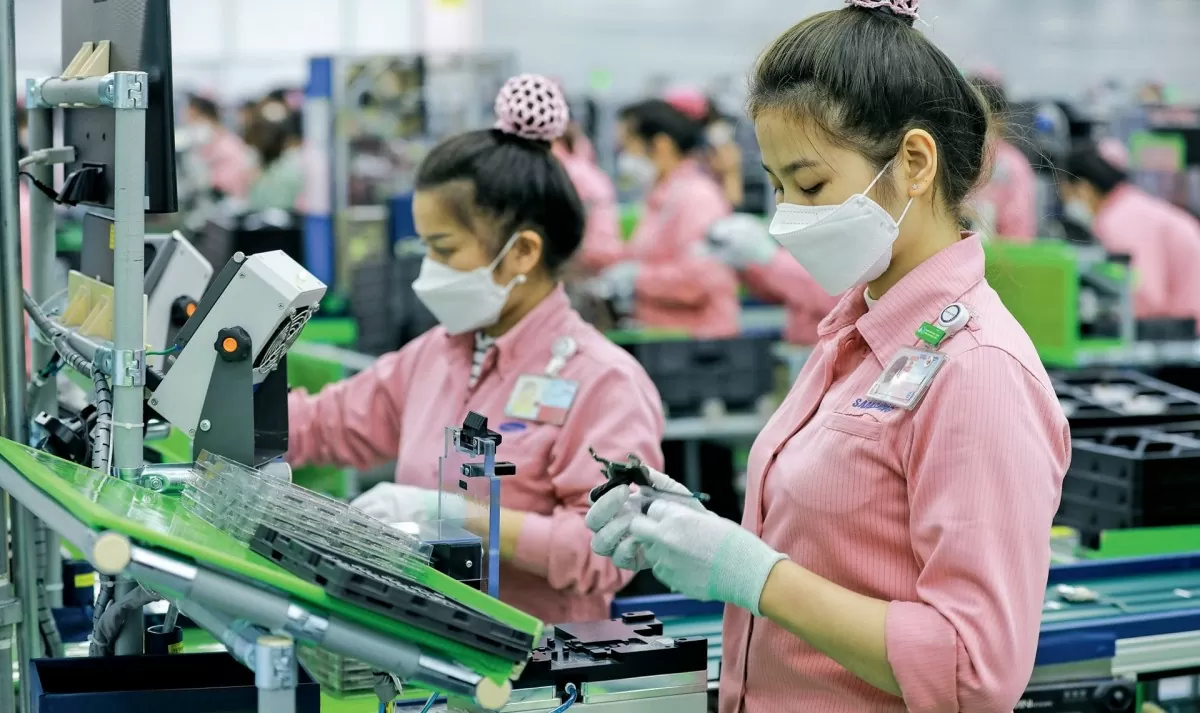 |
| Korean enterprises invested more than 2 billion USD in Vietnam in the first quarter of 2025. Illustrative photo |
To stabilize FDI, tax policy must be transparent.
Not only highly appreciating the investment potential in high-tech fields such as semiconductors and artificial intelligence in Vietnam, KoCham representatives also said that the investment environment in Vietnam is increasingly improving and has great appeal to foreign enterprises, including Korean enterprises.
According to data just released by the Ministry of Finance, Vietnam's FDI attraction in the first quarter of 2025, including total newly registered, adjusted, contributed and purchased capital, reached nearly 10.98 billion USD, up 34.7% over the same period last year. Of which, Korea ranked second among about 70 countries investing in Vietnam, with a total registered capital of nearly 2.04 billion USD, up nearly 2.7 times over the same period last year. This shows a strong increase in Korean investors, especially in the fields of manufacturing and supporting industries.
According to KoCham, there are currently about 10,000 Korean enterprises operating in Vietnam, creating 900,000 jobs and contributing positively to Vietnam's economic growth in recent years. This result shows that Vietnam is affirming its important role in the global supply chain in general and its important role in the choice of Korean investors in particular.
Although highly appreciating Vietnam's investment environment, KoCham's representative also said that a recent KoCham survey showed that 73% of Korean enterprises believe that trade pressure on Vietnam will increase, especially in the context of major economies in the world implementing tax policies. If that happens, many Korean enterprises may postpone their investment plans in Vietnam.
Accordingly, to increase investment opportunities, KoCham representative said that strategic cooperation on trade and tax policy for Vietnam is extremely important. If Vietnam proactively builds flexible strategies and adjusts appropriate import tax regulations, the confidence of foreign investors, including Korean investors, in Vietnam's investment environment will be further strengthened.
In addition, when the global minimum tax policy is implemented, FDI enterprises expect tax incentives and policy support from the Government. Accordingly, the Investment Support Fund needs to be operated transparently with a clear process to ensure that eligible corporations have convenient access.
| Mr. Ko Tae Yeon - Chairman of KoCham: One of the most important issues for businesses is value-added tax (VAT) refunds and regulations on domestic import and export taxes. Clearly defining the time for tax refunds and maintaining regulations on domestic import and export taxes will help reduce financial pressure for businesses, while enhancing competitiveness in domestic trade. This will encourage many businesses to expand their operations in Vietnam. |
Source: https://congthuong.vn/lam-gi-de-fdi-cong-nghe-cao-do-bo-viet-nam-381677.html



![[Photo] Phuc Tho mulberry season – Sweet fruit from green agriculture](https://vstatic.vietnam.vn/vietnam/resource/IMAGE/2025/4/10/1710a51d63c84a5a92de1b9b4caaf3e5)



![[Photo] Prime Minister Pham Minh Chinh chairs meeting to discuss tax solutions for Vietnam's import and export goods](https://vstatic.vietnam.vn/vietnam/resource/IMAGE/2025/4/10/19b9ed81ca2940b79fb8a0b9ccef539a)
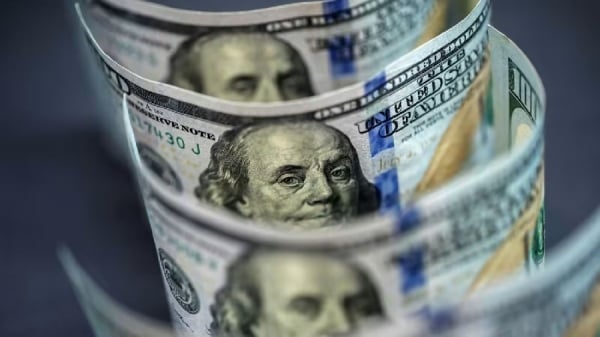
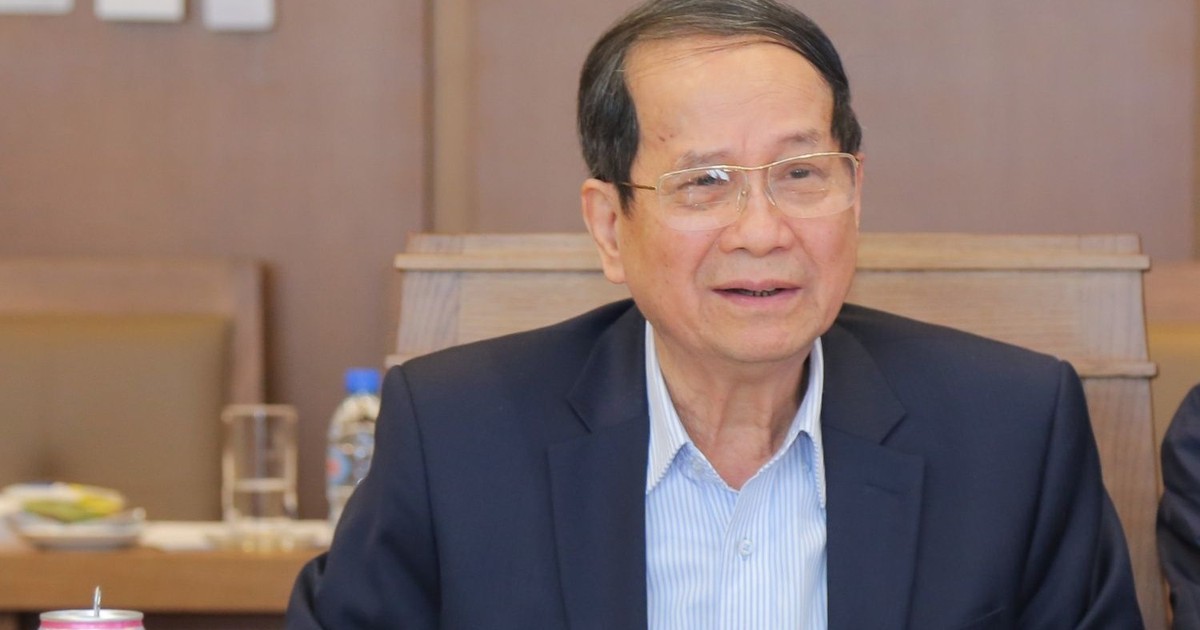
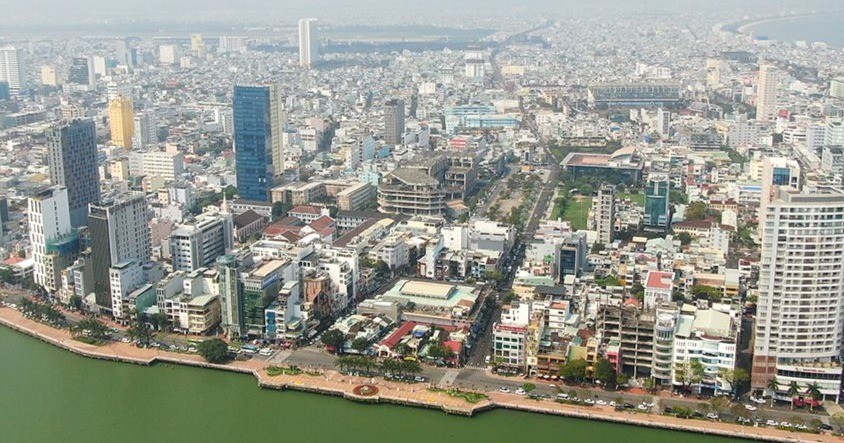
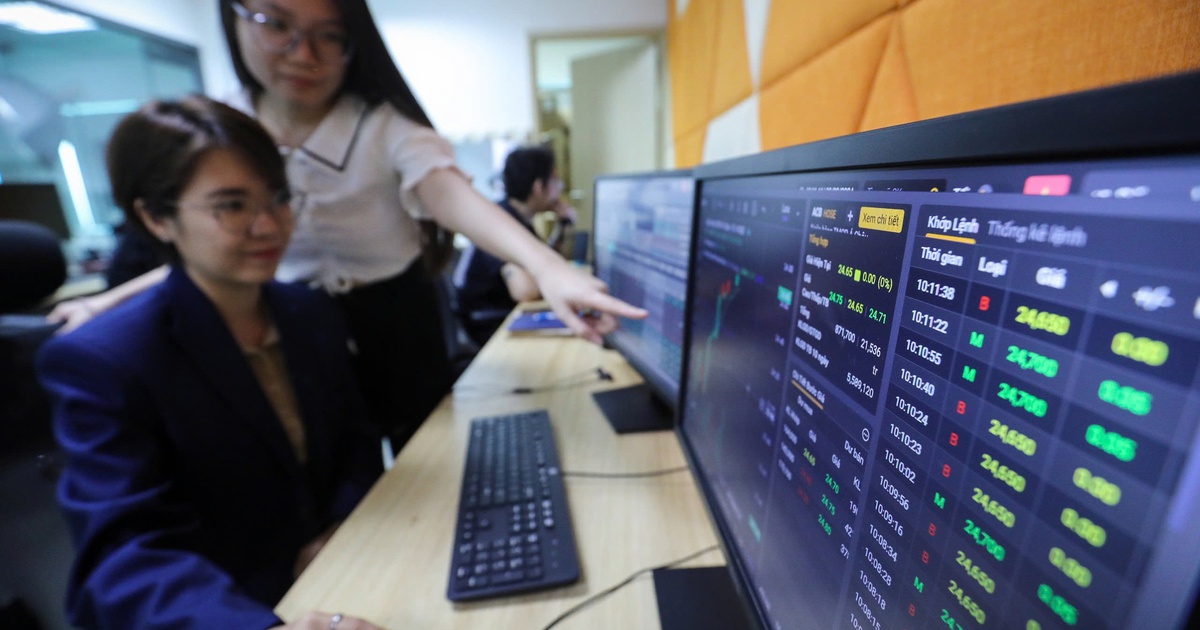
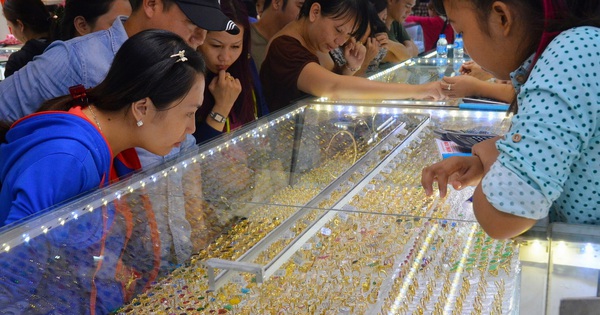
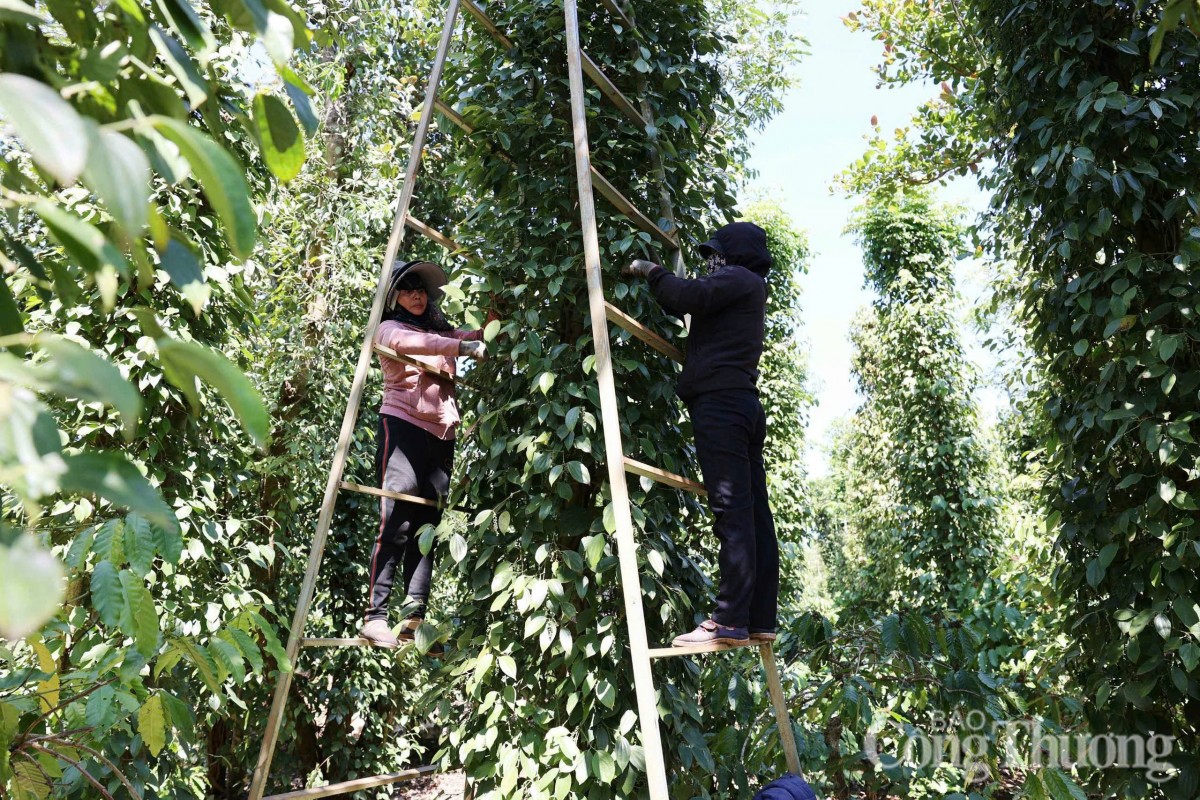




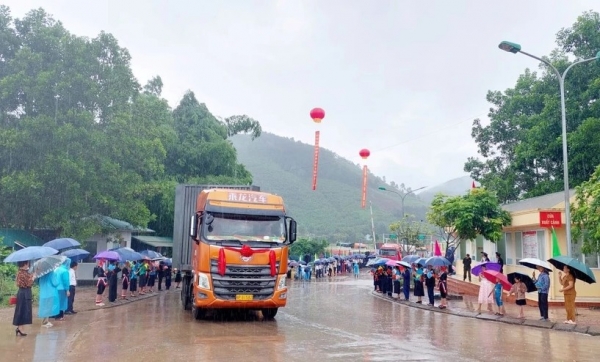



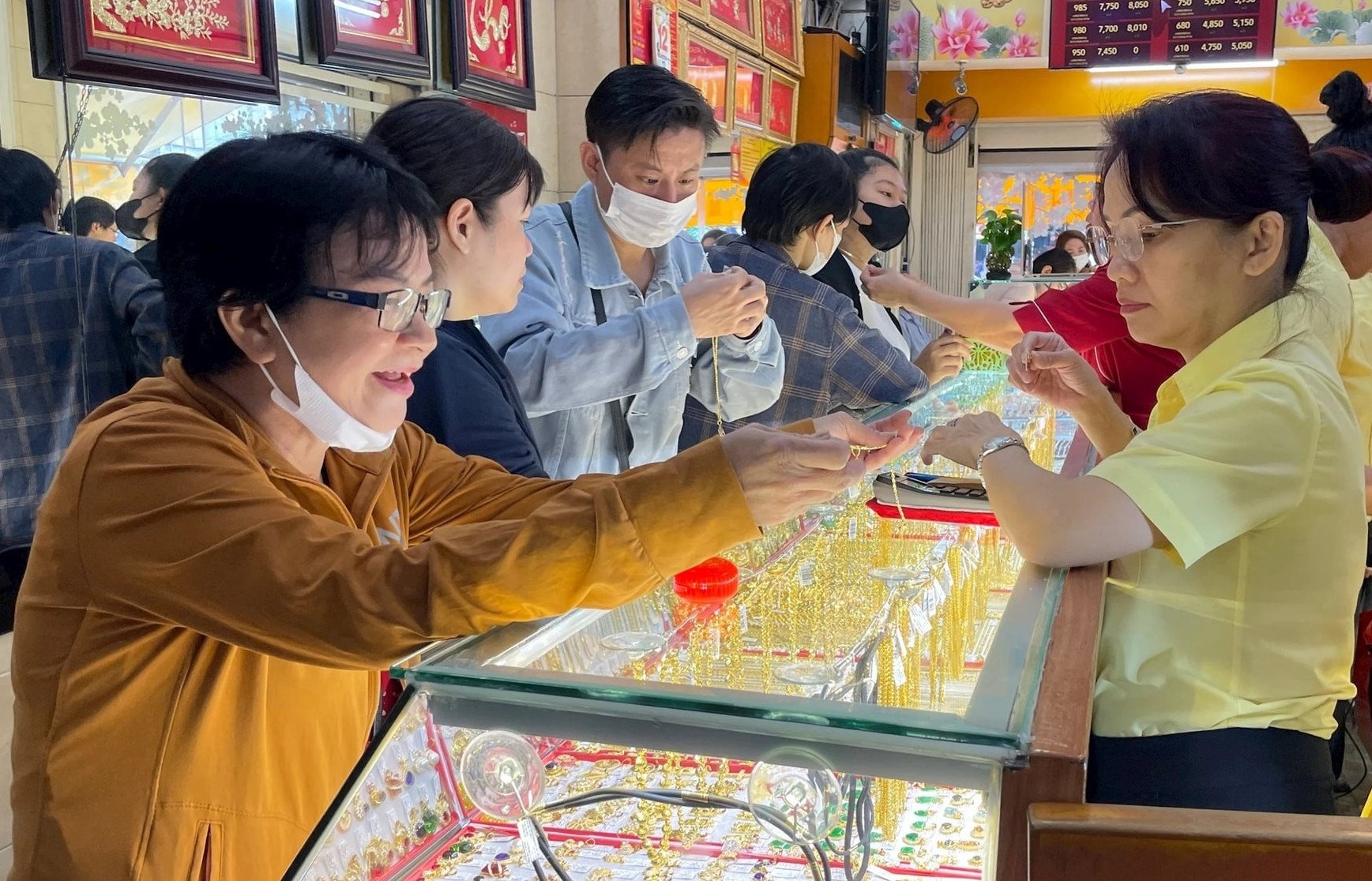
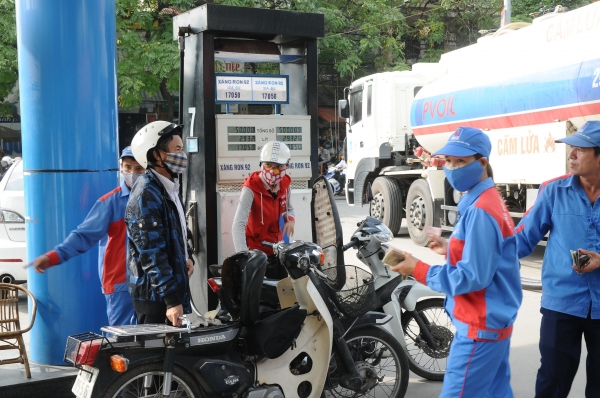
![[Photo] Unique folk games at Chuong Village Festival](https://vstatic.vietnam.vn/vietnam/resource/IMAGE/2025/4/10/cff805a06fdd443b9474c017f98075a4)







































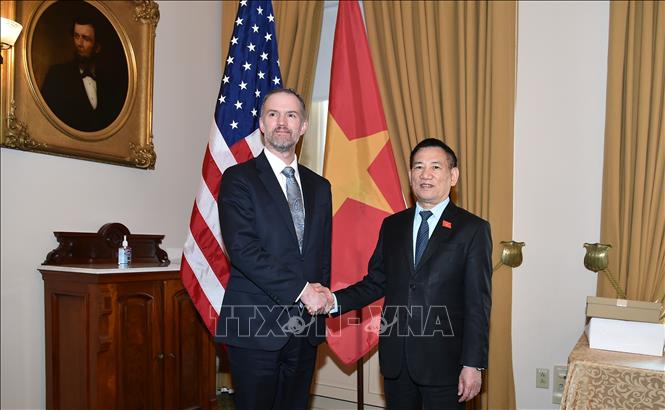










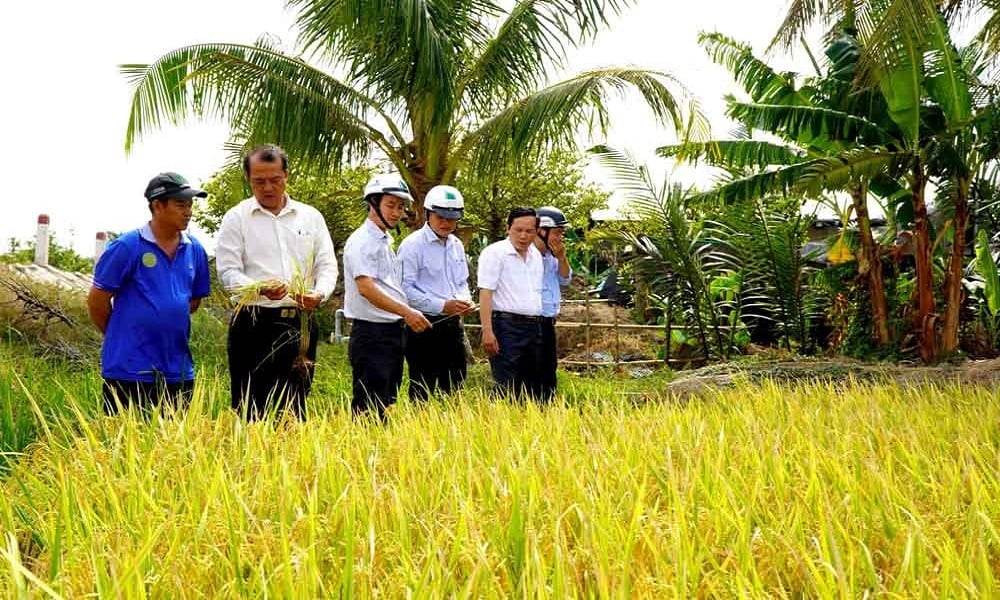
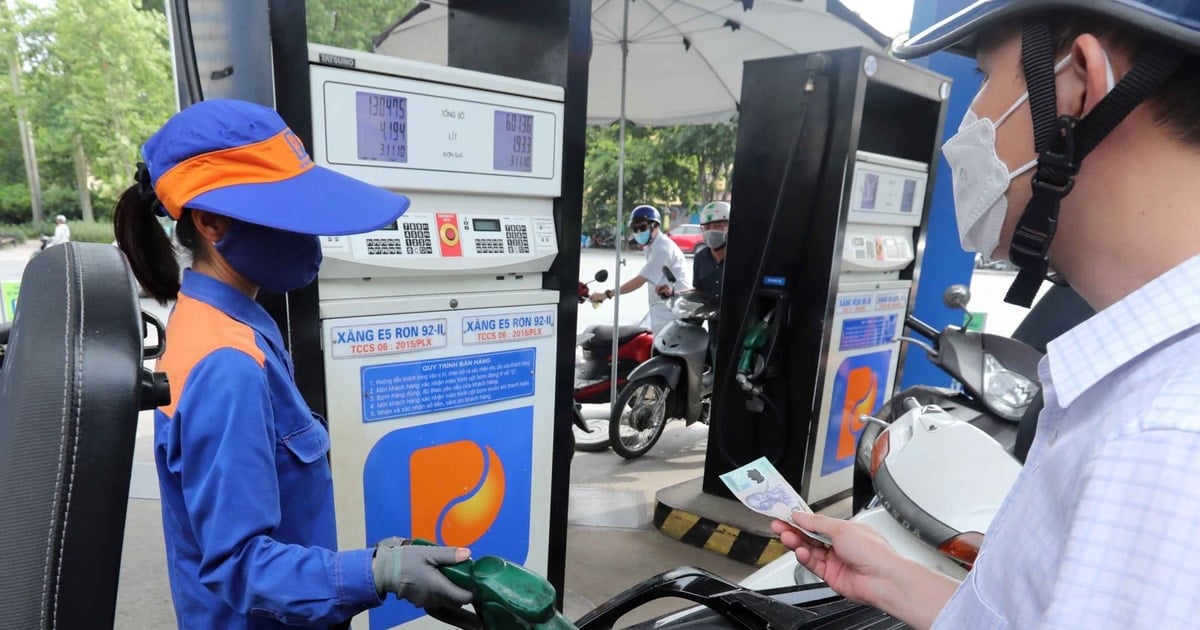

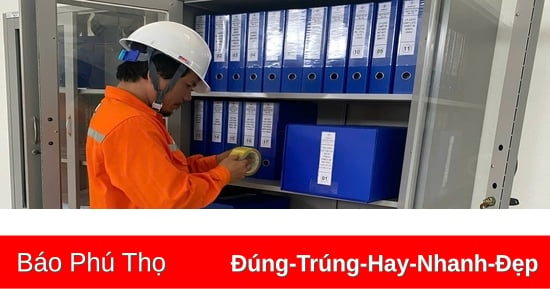

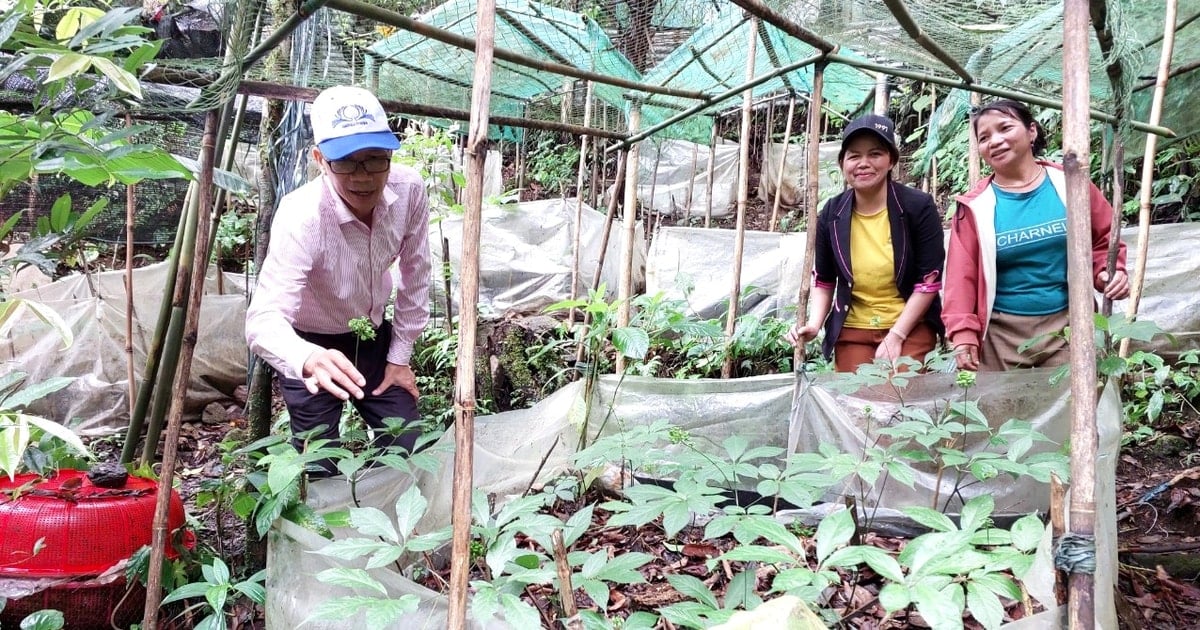









Comment (0)